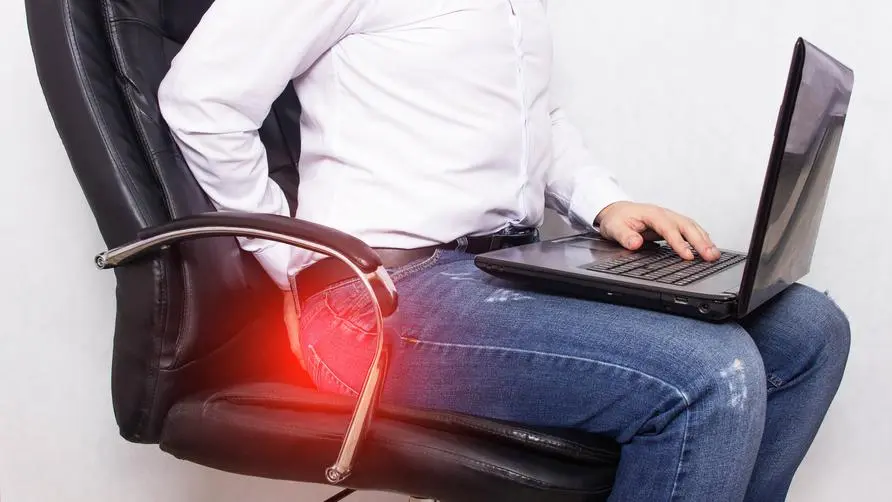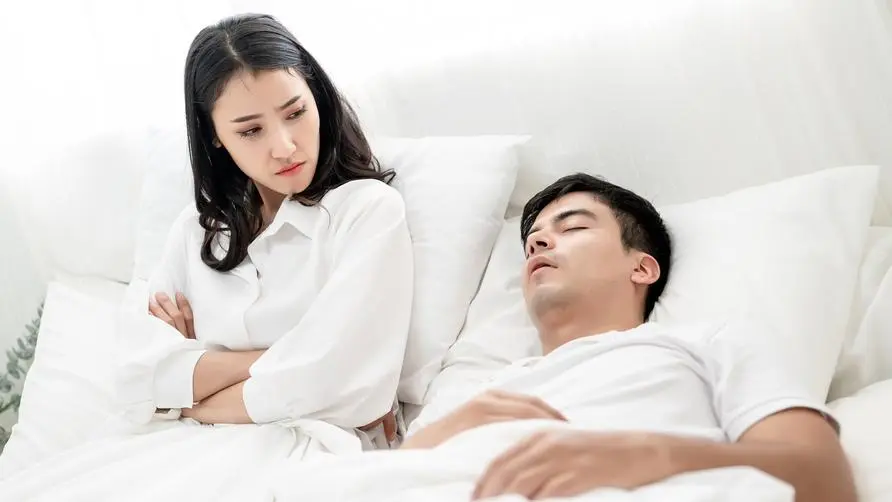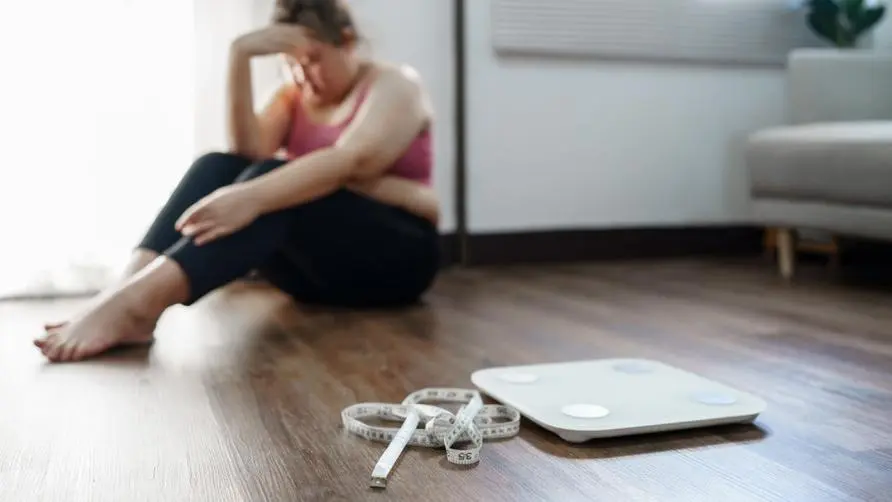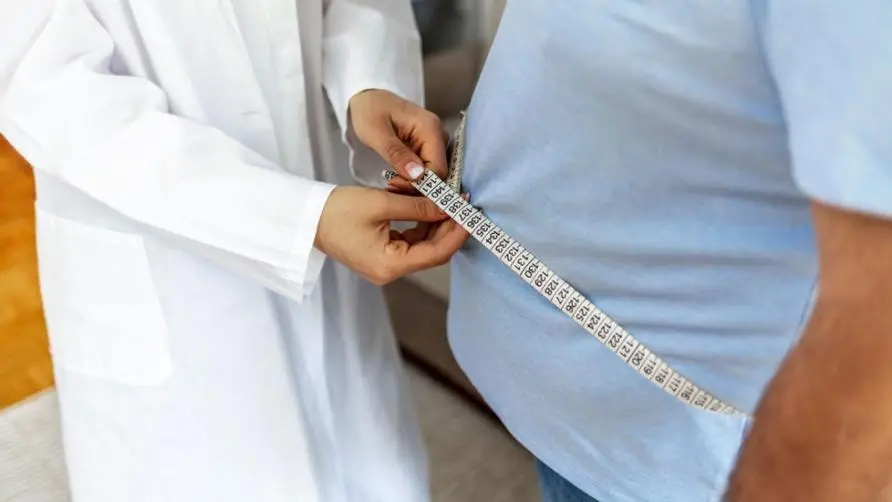Beware of hemorrhoids if you sit for long periods of time and eat too much! If you don't want to live a life full of "nonsense", Taiwan Food and Drug Administration teaches you "3 tips" to easily relieve symptoms

Hemorrhoids can cause “pain so much that it’s difficult to walk”. In severe cases, hemorrhoids may cause bloody stools and fecal leakage.
Hemorrhoids are a common problem among modern people. With Taiwanese people’s refined diet and sedentary work, it is likely to occur in every age group. Many people are so painful that they can hardly walk due to hemorrhoids, causing trouble in their lives. What exactly are hemorrhoids? What are the causes and treatments?
Taiwan Food and Drug Administration explains that hemorrhoid tissue is one of the normal physiological functional structures. It is located around the rectum and anus. It is composed of submucosal vascular plexus and fibrous connective tissue and has a cushioning effect. Generally speaking, hemorrhoids are asymptomatic and do not require treatment. On the contrary, if blood vessels dilate, smooth muscles and connective tissues break and slide, for example, the pelvic cavity is compressed, blood will accumulate in the surrounding veins and subcutaneous mucosa, causing bulges, prolapse and swelling. It is a pathological hemorrhoid. Possible symptoms include: bloody stool, prolapse or lump in the anus, itching and pain in the anus, occasional fecal leakage, etc. At this time, you should seek further diagnosis and treatment from a specialist.
If you want to avoid hemorrhoids, please improve your living habits first! Taiwan Food and Drug Administration recommends “3 major methods” to help speed up recovery
When hemorrhoid symptoms occur, in addition to surgical treatment, the Taiwan Food and Drug Administration also provides 3 methods for public reference:
Adjust daily life: increase fiber intake, exercise regularly, and develop good bowel habits.
Warm water sitz bath: 2-3 times a day, 10-15 minutes each time, can alleviate acute inflammation, improve edema, relax sphincter muscles, and reduce irritation and itching around hemorrhoids.
Treatment with drugs: Hemorrhoids treatment drugs are mainly ointments or anal suppositories used on the affected area. Different ingredients have different effects, such as: local anesthetics (Lidocaine, Benzocaine), antihistamines (Diphenhydramine), steroids (Hydrocortisone, Prednisolone), vasoconstrictors (Phenylephrine, Ephedrine) and protective astringents (Zinc Oxide), which can provide analgesic, anti-itching, hemostatic, astringent, bactericidal and anti-inflammatory effects. In addition, there are also products that add Allantoin to repair tissue and use Tocopherol Acetate to improve blood circulation in the affected area. People can seek medical advice or go to pharmacies to purchase the indicated medicines. Since different hemorrhoid treatment products may have different dosage methods and precautions, people must consult a physician, pharmacist or pharmacist before taking medicine.
Prevention and treatment of hemorrhoids should start with improving your lifestyle, diet and exercise habits. If symptoms of hemorrhoids occur, you should pay attention to their severity and the side effects of medication, and seek medical treatment in time to control the condition and recover as soon as possible.





